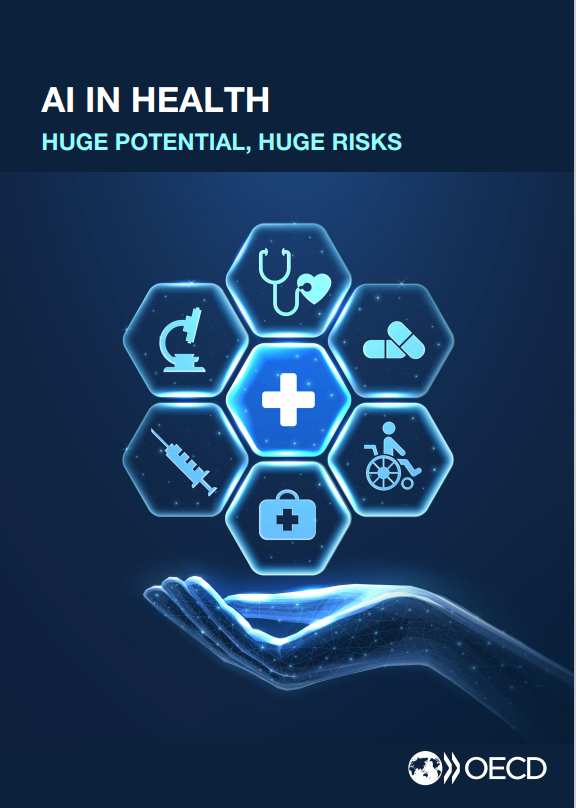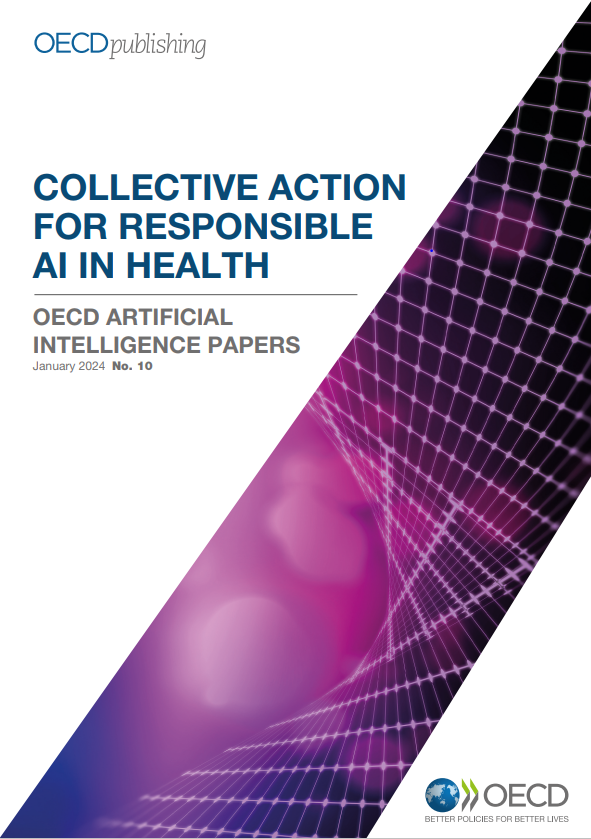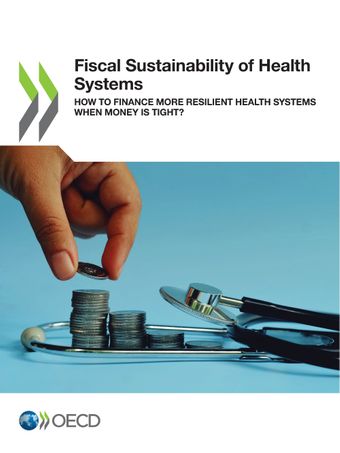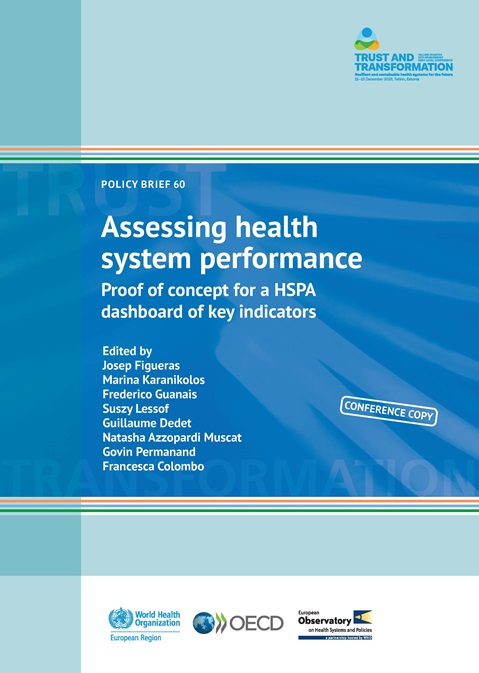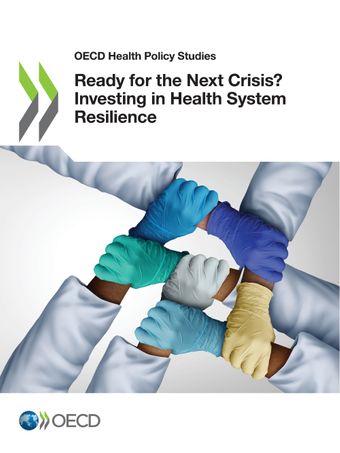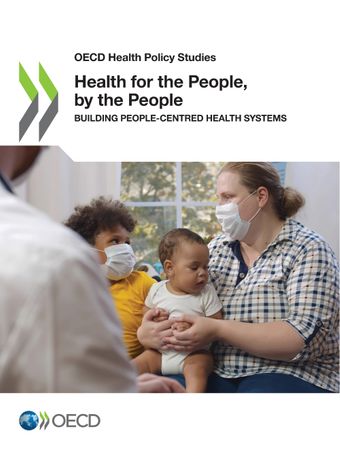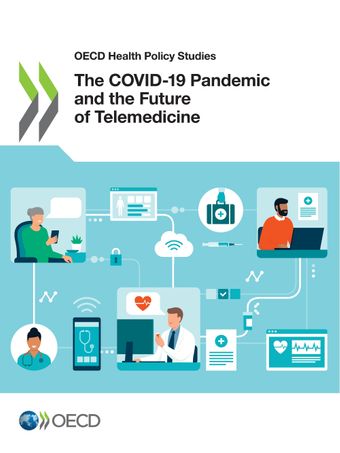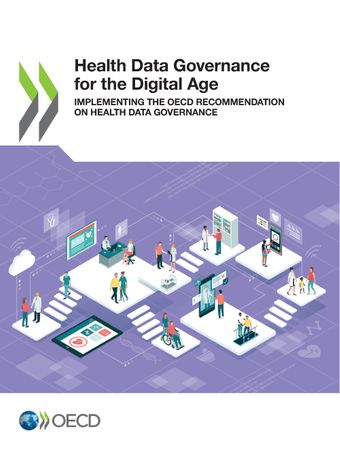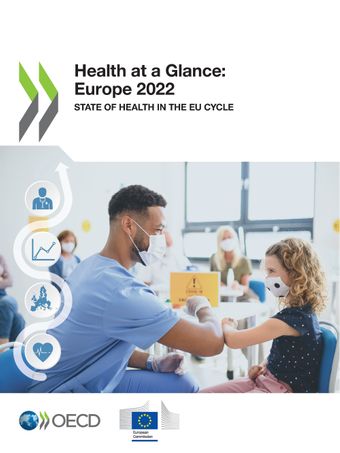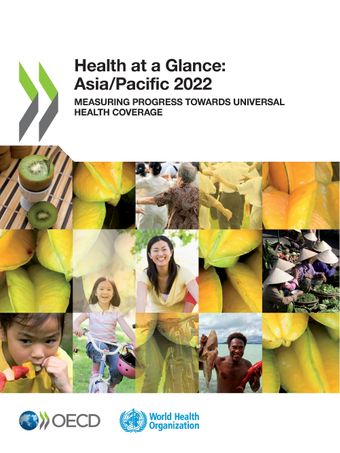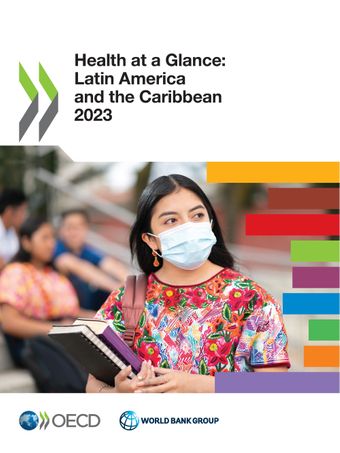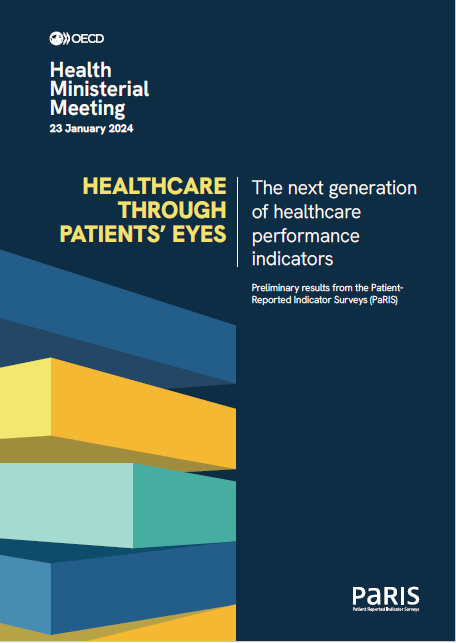
Healthcare Through Patients' Eyes: The next generation of healthcare performance indicators
Read the brief
For far too long, we have lacked meaningful insights into people’s experiences and outcomes of healthcare. Despite a wealth of global healthcare data, indicators of health system performance have historically focused on inputs and process, rather than on the impact of healthcare on people’s lives and well-being. The Patient-Reported Indicator Surveys (PaRIS) is a first of its kind international survey that fills this gap. It provides a unique set of indicators that unveil how people of 45 years and older who live with chronic conditions experience healthcare and how this impacts their lives. PaRIS sheds...


